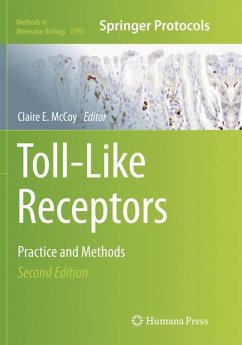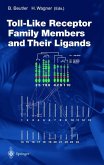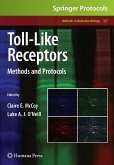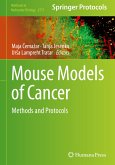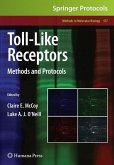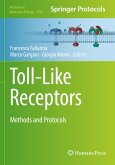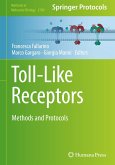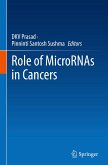This second edition volume expands on the first edition with new developments on Toll-Like Receptors (TLRs) controlling events such as cross-priming of associated pattern recognition receptors, post-transcriptional regulation, interaction with other cellular and biologic systems, and cancer progression. This book is divided into five sections: Part I outlines methods for TLR detection, interaction, and intracellular trafficking; Part II describes methods and assays to investigate how TLRs cross-prime other pattern recognition receptors, including intracellular DNA receptors and inflammasome formation; Part III highlights RNA regulation, detailing how TLRs can induce RNA transcripts and molecules such as lncRNAs and microRNAs; Part IV explores TLR detection and activation in systems such as epithelial barrier function, metabolism and the circadian clock, as well as cellular systems including T and B lymphocytes; and Part V describes models to delineate the role of TLRs in diseases such as dermatitis, arthritis, and gastric cancer. Written in the highly successful Methods in Molecular Biology series format, each chapter contains a summary, a list of required materials, step-by-step, readily reproducible laboratory protocols, useful notes to investigate TLRs in cell culture, systems and disease, and tips on troubleshooting and avoiding known pitfalls.
Practical and cutting-edge, Toll-Like Receptors: Methods and Protocols, Second Edition is a valuable resource to any immunologist, molecular or medical biologist working in a laboratory setting. It will add skill to both students and the more advanced molecular biologist who wishes to learn a new technique or move to a different area within their current repertoire of practical knowledge.
Practical and cutting-edge, Toll-Like Receptors: Methods and Protocols, Second Edition is a valuable resource to any immunologist, molecular or medical biologist working in a laboratory setting. It will add skill to both students and the more advanced molecular biologist who wishes to learn a new technique or move to a different area within their current repertoire of practical knowledge.

